Welcome to the hiking vocabulary page! Here you will find a comprehensive list of hiking-related terms to help you learn and improve your knowledge of this subject. You can also access interactive games, flashcards, and other resources to enhance your understanding of hiking terminology. Dive in and start exploring the world of hiking vocabulary!
Hiking is a popular outdoor activity that offers numerous physical and mental health benefits. From improving cardiovascular fitness to reducing stress levels, hitting the trails can be a great way to stay active and connect with nature. Whether you prefer a leisurely stroll through a local park or a challenging trek up a mountain, hiking provides a unique opportunity to explore new surroundings and push your limits. Make sure to wear appropriate footwear, bring plenty of water, and be prepared for changing weather conditions to ensure a safe and enjoyable experience on your next hiking adventure.
Practice & Reinforce Your Learning
Hiking Vocabulary List
Hiking Equipment
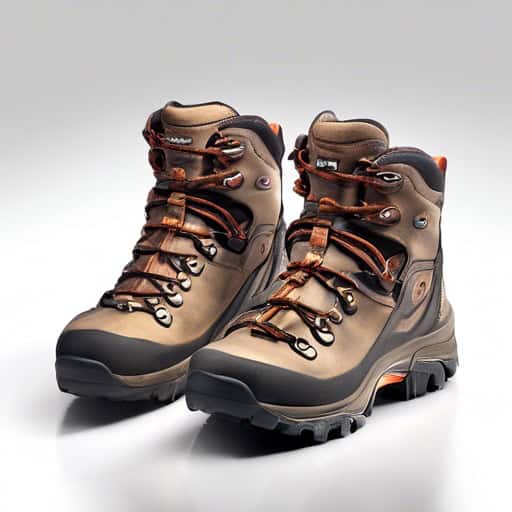
- I wore my sturdy hiking boots on the challenging mountain trail to ensure my feet were adequately supported and protected.
- The high-quality materials used in hiking boots make them ideal for long hikes in rugged conditions.
- Before embarking on the backpacking trip, I made sure to break in my new hiking boots to prevent blisters and discomfort.
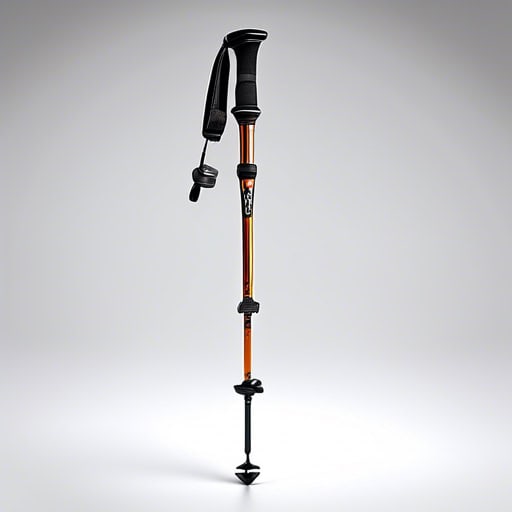
- I always bring my trekking poles with me when I go hiking in the mountains to help me navigate the steep terrain.
- The trekking poles were a lifesaver on the long backpacking trip, allowing me to maintain better balance and take some strain off my knees.
- Investing in a quality pair of trekking poles can greatly improve your hiking experience, making the journey more comfortable and enjoyable.

- I always make sure to bring a water bottle with me when I go hiking to stay hydrated.
- My favorite water bottle is the stainless steel one with a built-in filter for fresh water on the go.
- After a long day of hiking, I always refill my water bottle at the nearest stream to have enough water for the way back.
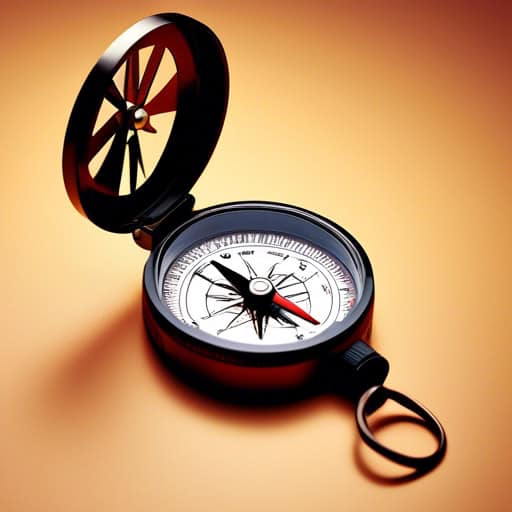
- As the sun began to set, the hikers relied on their compass to guide them back to their campsite.
- The sailor used a compass to navigate through the stormy seas.
- The lost travelers were grateful to have a compass to help them find their way out of the dense forest.
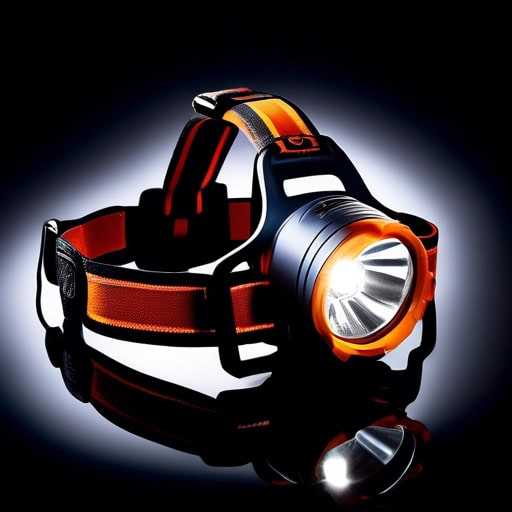
- The hiker relied on his headlamp to navigate through the dark forest.
- She adjusted the brightness of her headlamp to conserve battery life.
- Before setting off on the night hike, make sure to bring a reliable headlamp.
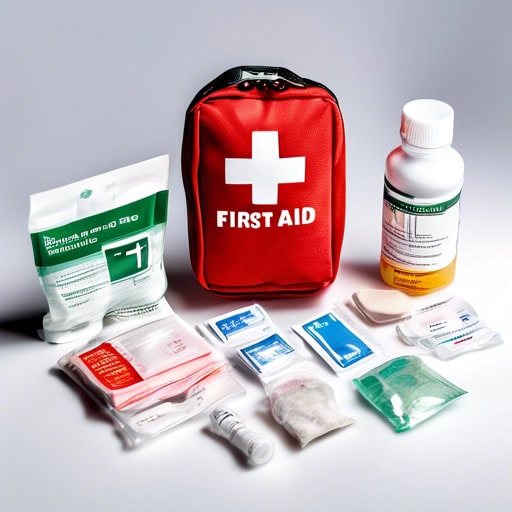
- Don't forget to pack the first aid kit before we go hiking tomorrow.
- The first aid kit should have bandages, antiseptic wipes, and pain relievers.
- It's always a good idea to have a first aid kit in the car for emergencies.
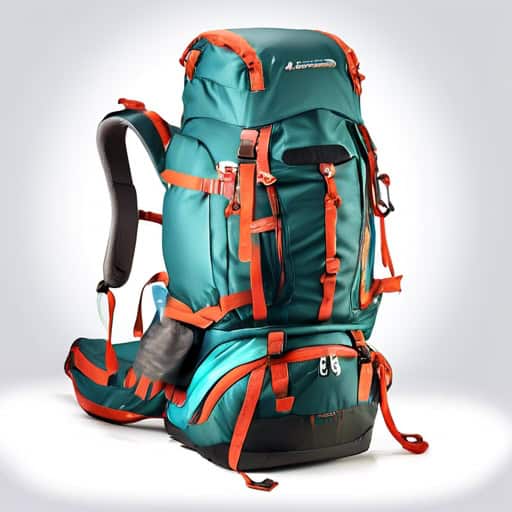
- My backpack is filled with snacks, water, and a first aid kit for our hiking trip.
- She slung her backpack over her shoulder and headed out the door.
- I always make sure to pack my rain jacket in my backpack just in case of unexpected weather.
Overnight backpacking trips
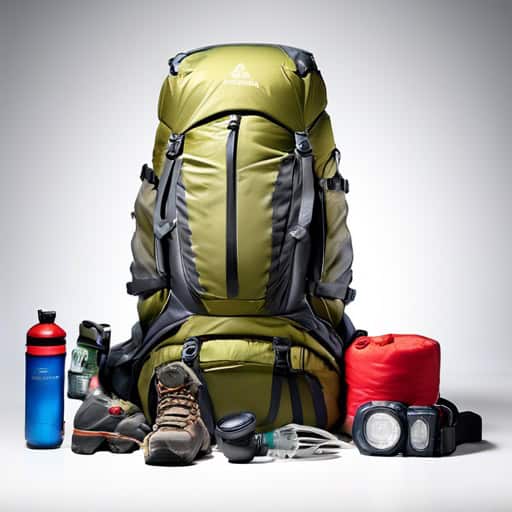
- Make sure to pack all of your essential gear before heading out on your backpacking trip.
- I need to upgrade some of my camping gear before our next outdoor adventure.
- His backpack was filled with all the necessary gear for a long trek through the mountains.
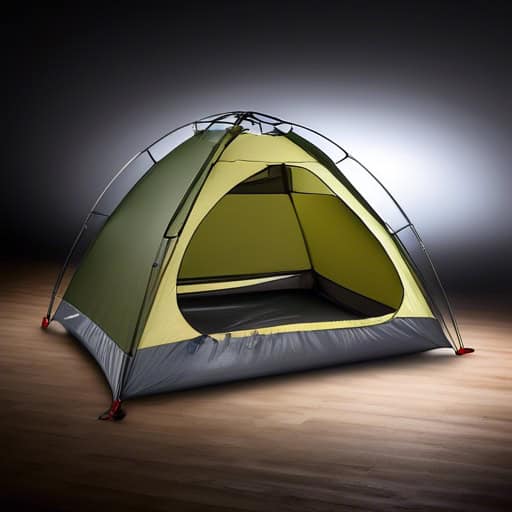
- When camping in the wilderness, it's important to choose a shelter that will keep you dry and warm throughout the night.
- Setting up your shelter properly can make a big difference in how comfortable you are while camping.
- Before heading out on a backpacking trip, always make sure you have the right gear to set up your shelter in case of inclement weather.
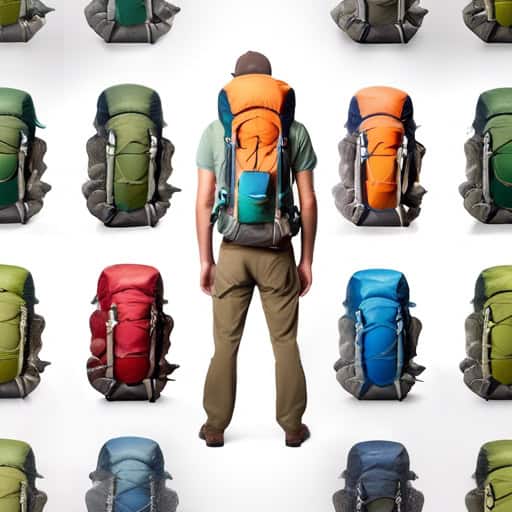
- I love exploring the wilderness and disconnecting from the hustle and bustle of city life.
- The wilderness can be a challenging environment, but it offers unparalleled beauty and tranquility.
- Hiking through the wilderness allows me to appreciate the simple pleasures of nature and clear my mind.
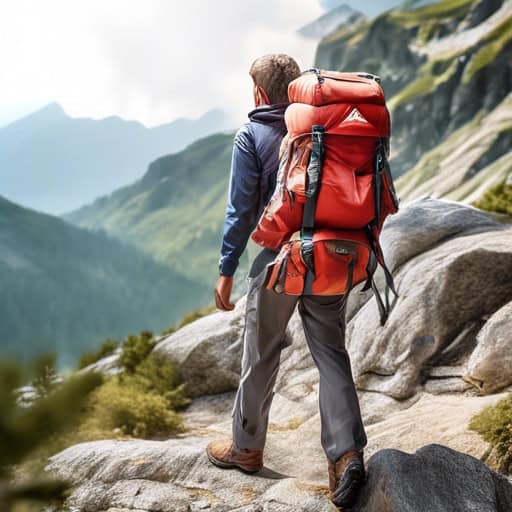
- I love hiking in the mountains and spending nights under the stars in my tent.
- Hiking with friends on a weekend backpacking trip is a great way to unwind and connect with nature.
- Exploring new trails and challenging myself with long hikes is my favorite way to stay active and healthy.
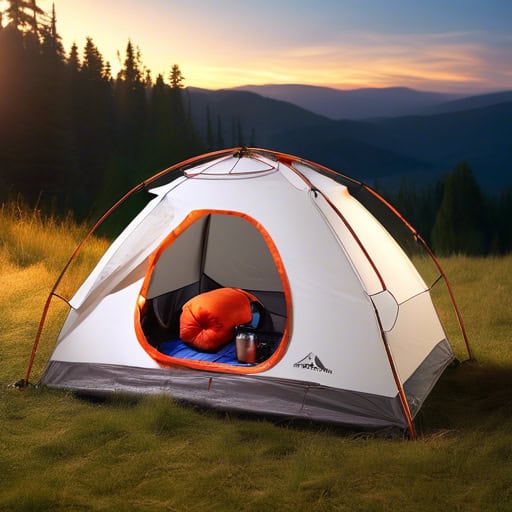
- We went camping in the national park last weekend and enjoyed sleeping under the stars.
- Camping is a great way to disconnect from technology and immerse oneself in nature.
- I love the smell of campfire smoke while camping in the mountains.
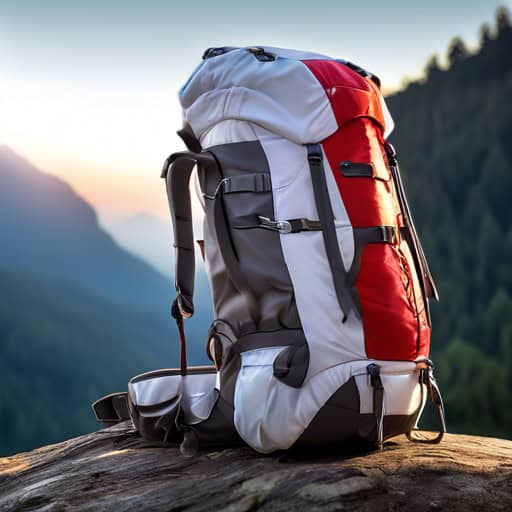
- We took several trips to the beach this summer to enjoy the sun and sand.
- My family enjoys taking road trips to explore new cities and towns.
- She planned multiple trips to Europe to visit different countries and experience new cultures.
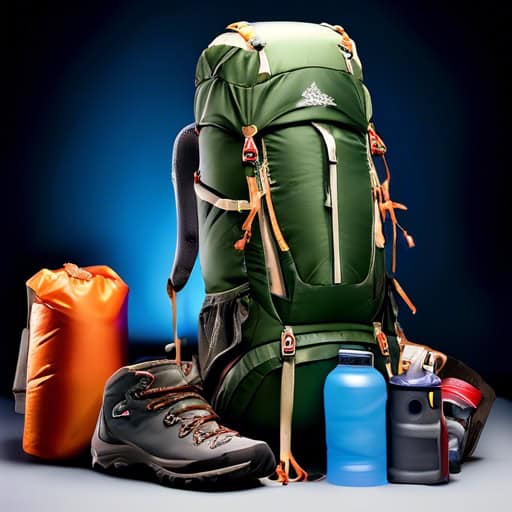
- I enjoy backpacking in the mountains during the summer months.
- Backpacking through Europe was a life-changing experience for me.
- She packed all of her essentials for backpacking in her trusty backpack.
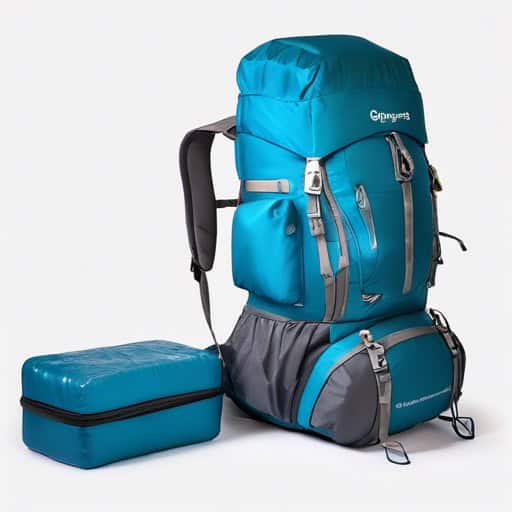
- We planned an overnight hike this weekend to explore the nearby national park.
- The group decided to bring tents and sleeping bags for the overnight camping trip.
- It was a chilly night during our overnight backpacking adventure, but the stars were amazing.
Multi-day thru-hikes
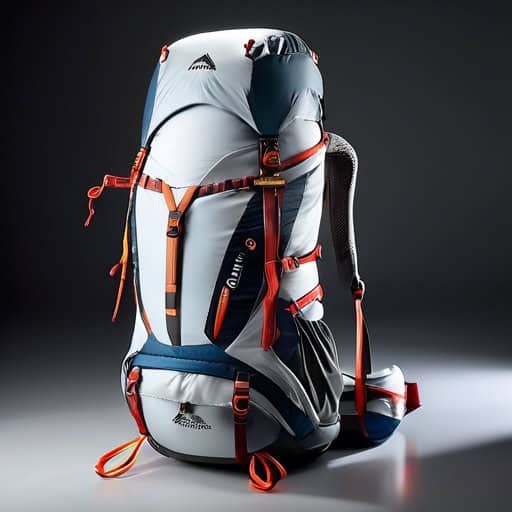
- I am planning to thru-hike the Appalachian Trail next summer.
- Thru-hiking the Pacific Crest Trail was a challenging but rewarding experience.
- She completed a thru-hike of the John Muir Trail in just under three weeks.
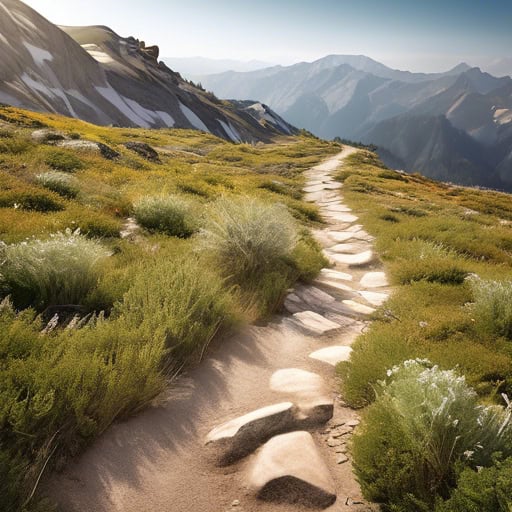
- We followed the trail through the dense forest, taking in the sights and sounds of nature.
- The trail wound its way through the mountains, offering breathtaking views at every turn.
- After hiking for hours, we finally reached the end of the trail and set up camp for the night.
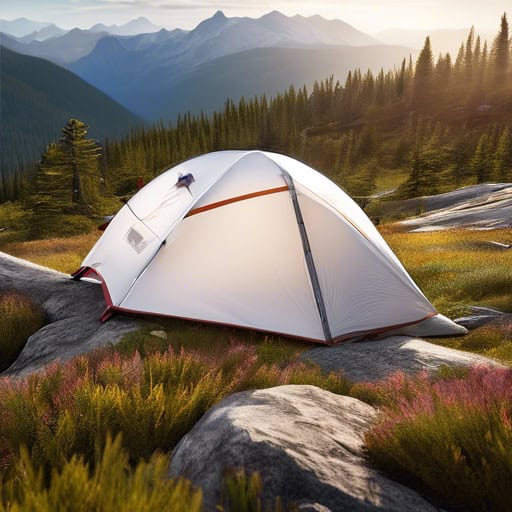
- As a seasoned thru-hiker, I have trekked through some of the most breathtaking wilderness areas in the world.
- The wilderness offers a sense of solitude and tranquility that is hard to find in our fast-paced modern society.
- Exploring the wilderness requires careful planning, survival skills, and a deep respect for nature.
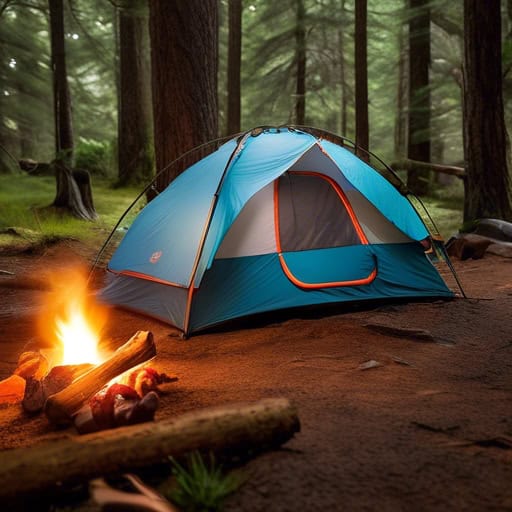
- We spent the night camping under the stars next to a bubbling creek.
- Camping in the wilderness allows you to disconnect from the hustle and bustle of everyday life.
- After a long day of hiking, setting up camp and cooking dinner over the campfire was the perfect way to unwind.
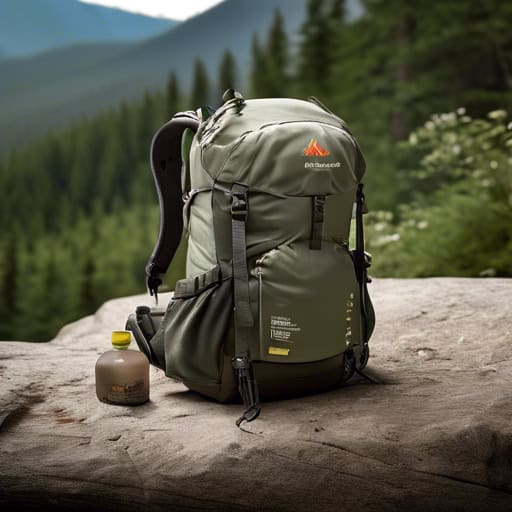
- We need to plan our resupply points carefully to ensure we have enough food and water for the entire thru-hike.
- The next resupply location is 50 miles away, so we need to make sure we have enough supplies to last until then.
- Carrying a heavy pack full of resupply items can be exhausting, but it's necessary for a successful thru-hike.
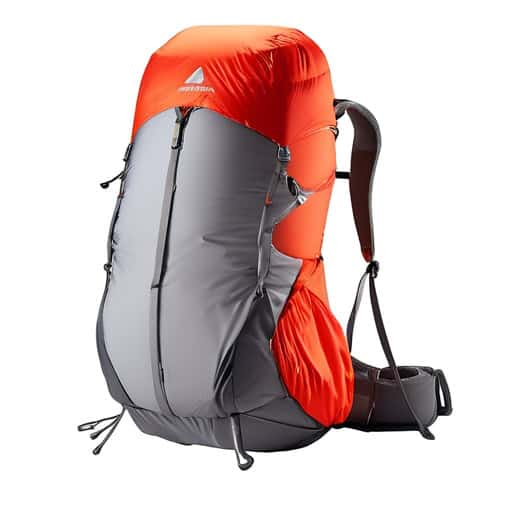
- I switched to an ultralight backpack for my next hiking trip to make the journey more enjoyable and less taxing on my body.
- The ultralight sleeping bag I purchased has significantly reduced the weight of my pack without sacrificing warmth or comfort.
- Investing in ultralight gear has allowed me to cover more miles in a day and enjoy the scenic views along the trail without feeling weighed down.
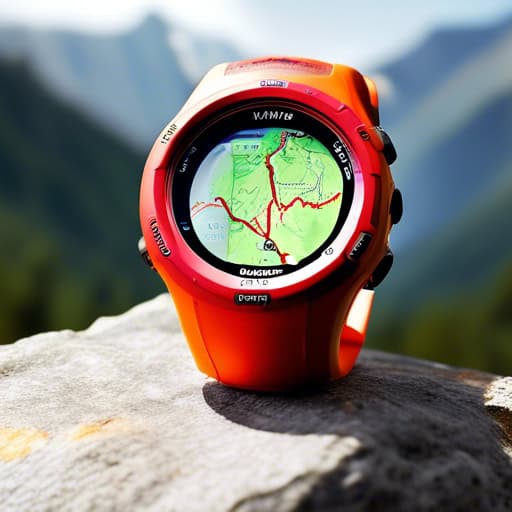
- During the multi-day thru-hike, proper navigation skills are essential to avoid getting lost in the wilderness.
- The hikers relied on their navigation tools to guide them through rugged terrain and unpredictable weather conditions.
- A thorough understanding of navigation techniques is crucial for successfully completing a long-distance hike.
Peak bagging

- The group reached the peak of the mountain just as the sun was setting.
- She had been training for months in order to reach the peak of physical fitness.
- During the summer months, the peak season for tourism, the town becomes bustling with visitors.
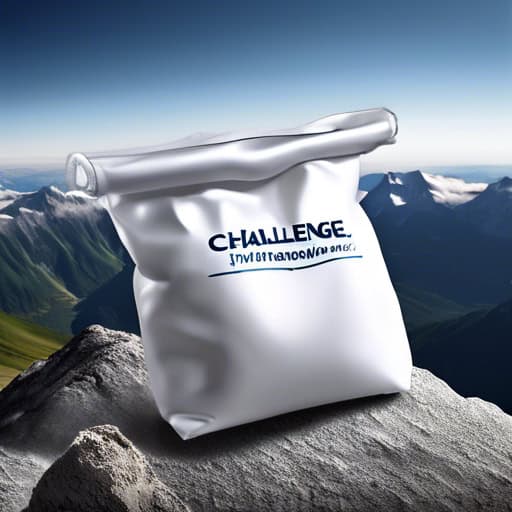
- Peak bagging enthusiasts often seek out mountains that offer a greater challenge in terms of elevation gain and technical terrain.
- Facing a challenging ascent can be both physically demanding and mentally rewarding for hikers and climbers.
- Overcoming a difficult challenge on the trail can build confidence and resilience in outdoor adventurers.
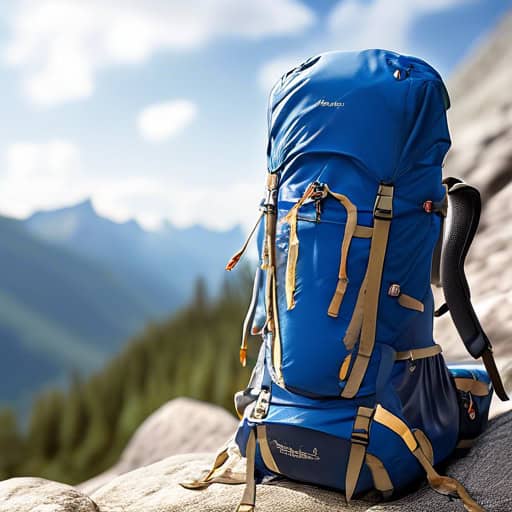
- I love hiking in the mountains and taking in the breathtaking views from the top.
- My friends and I are planning a weekend trip to go hiking in the national park.
- Hiking is a great way to stay active and connect with nature.
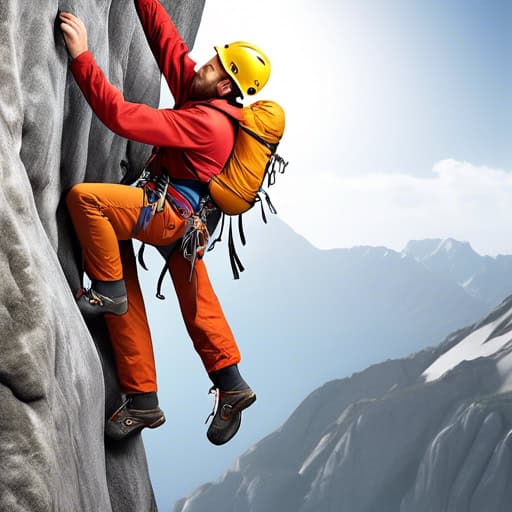
- She was exhausted after a long day of climbing up the rugged mountainside.
- Climbing requires strength, agility, and mental focus to navigate difficult terrain.
- The climbers were exhilarated as they reached the top of the mountain after hours of climbing.
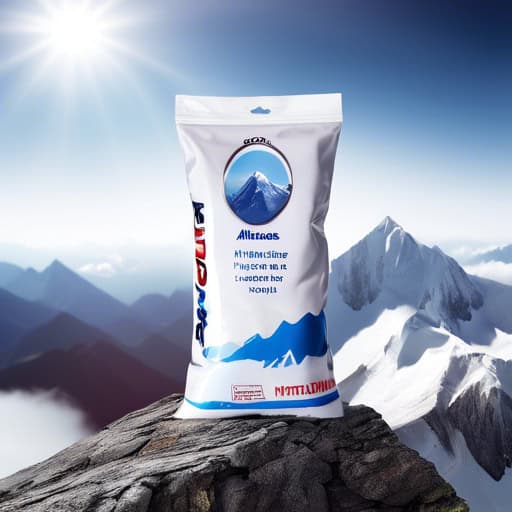
- The altitude of Mount Everest is 29,029 feet above sea level.
- The airplane ascended to an altitude of 35,000 feet.
- As we climbed higher in altitude, the air became thinner and cooler.
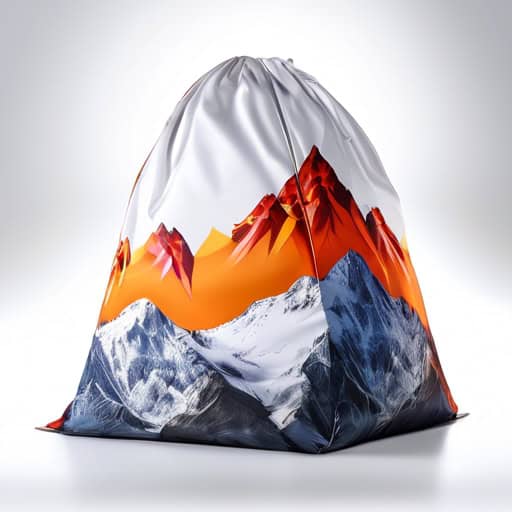
- The elevation gain on the trail to the summit was over 2,000 feet.
- The elevation of the mountain peak was 14,000 feet above sea level.
- The high elevation made it difficult to breathe while hiking at such a high altitude.

- Reaching the summit of Mount Everest was a lifelong dream for the experienced hiker.
- The group set out early in the morning to conquer the challenging summit of the local peak.
- After hours of arduous climbing, they finally reached the summit and were rewarded with breathtaking views.

- She reached the summit of the mountain after a strenuous hike.
- The mountain peak offered breathtaking views of the surrounding landscape.
- Hiking up the mountain was a challenging but rewarding experience.
Trail running

- Her endurance was tested during the ultramarathon as she pushed through the final miles of the race.
- The trail runner's mental toughness and physical endurance helped her conquer the steep incline.
- Training regularly can improve your endurance and help you perform better in long-distance races.
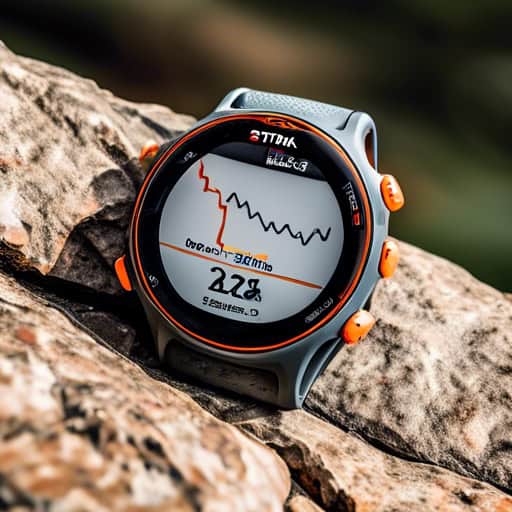
- I love using Strava to track my trail runs and see how I improve over time.
- My friends and I always compete for the top spot on the leaderboard in our hiking group on Strava.
- I enjoy connecting with other outdoor enthusiasts on Strava and sharing tips and routes.

- The rugged terrain made the trail running course challenging for even the most experienced athletes.
- Navigating through the rocky terrain required careful footing and agility to avoid injury.
- The lush vegetation covering the steep terrain provided a picturesque backdrop for the runners as they pushed themselves to conquer the course.

- Staying properly hydrated is crucial for peak performance in trail running.
- Make sure to bring enough water or sports drinks to stay on top of your hydration needs during your run.
- Proper hydration can help prevent fatigue, cramping, and other negative effects of dehydration while on the trails.

- The mountain bikers rode along the challenging singletrack trail, maneuvering through tight turns and rocky terrain.
- Hiking through the dense forest, we followed a singletrack that led us to a beautiful waterfall.
- The singletrack trail meandered through the lush green meadows, offering stunning views of the surrounding mountains.
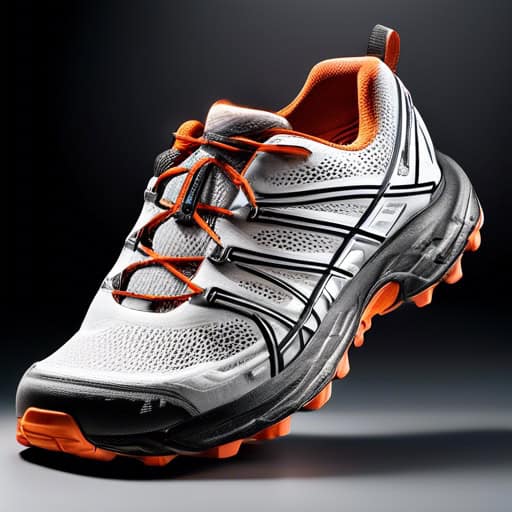
- The technical section of the trail was filled with steep rocky descents and tight switchbacks.
- Runners needed to rely on their technical abilities to maneuver through the rugged terrain without injury.
- Proper footwear and equipment are essential for tackling technical trails with confidence and control.
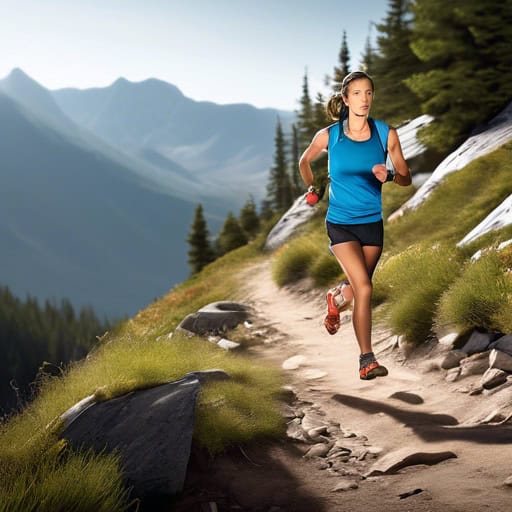
- The elevation gain on that trail was over 2,000 feet in just a mile.
- She was feeling the effects of the steep elevation as she climbed higher.
- The elevation profile of the race course showed several challenging climbs.

- She trained for months to prepare for the grueling ultramarathon through the mountains.
- Running an ultramarathon requires mental toughness and physical endurance.
- Participants in the ultramarathon faced extreme weather conditions and rugged terrain.
Nature walks
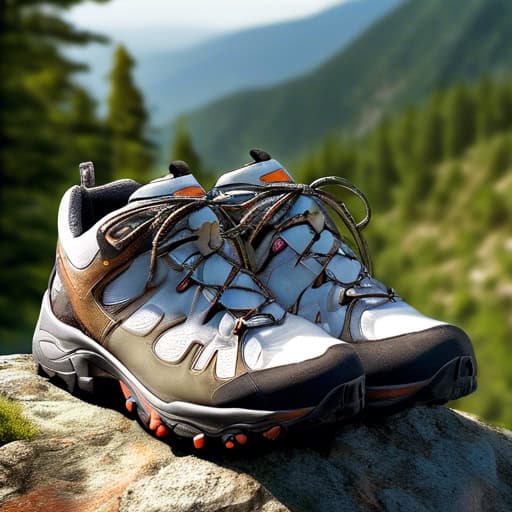
- I love going on a hike in the mountains to enjoy the fresh air and beautiful views.
- We decided to take a hike through the forest to explore the local wildlife.
- After a long hike, we reached the summit and were rewarded with a breathtaking panoramic view of the valley.

- We hiked along the trail through the forest, enjoying the sounds of birds and the rustling of leaves.
- The mountain bike trail was challenging but exhilarating, with steep climbs and fast descents.
- The nature trail looped through the wetlands, giving us a chance to observe various bird species and native plants.

- The forest was teeming with life, from chirping birds to scampering squirrels.
- Tall trees towered overhead, their branches creating a canopy of shade.
- Exploring the winding trails through the forest was a peaceful and rejuvenating experience.

- The national park is home to a diverse range of wildlife, from majestic elephants to colorful butterflies.
- Local conservation efforts are essential for protecting wildlife populations and preserving natural ecosystems.
- Visitors can observe wildlife in their natural habitat by joining guided tours led by experienced naturalists.

- The scenery along the hiking trail was absolutely breathtaking, with towering mountains and lush forests surrounding us.
- As we reached the summit, we were greeted with panoramic views of the stunning scenery below, stretching out for miles.
- I love taking long drives through the countryside, admiring the peaceful scenery of rolling hills and open fields.

- The vast landscape of the Grand Canyon is truly breathtaking.
- The rolling hills and picturesque vineyards create a stunning landscape in wine country.
- The rugged landscape of the Scottish Highlands is dotted with ancient castles and ruins.

- The diverse flora of the rainforest includes towering trees, colorful flowers, and intricate ferns.
- During the nature walk, we were amazed by the vibrant flora growing along the stream.
- The desert flora was sparse but uniquely adapted to survive in the harsh environment.
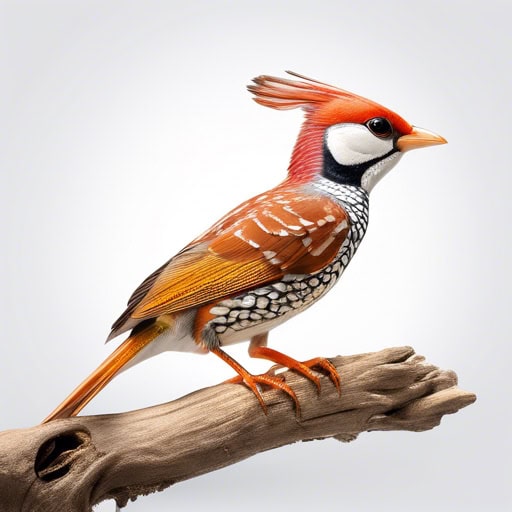
- The fauna in this area includes a variety of birds, squirrels, and rabbits.
- During our nature walk, we were lucky enough to spot some fascinating fauna, such as deer and foxes.
- Exploring the forest, we marveled at the diverse fauna that call this ecosystem home.
Quick Facts
- Hiking is a great way to improve cardiovascular health, as it can help lower blood pressure and reduce the risk of heart disease.
- The longest hiking trail in the world is the Pacific Crest Trail, which spans 2,650 miles from Mexico to Canada through California, Oregon, and Washington.
- Hiking can improve mental health by reducing stress, anxiety, and symptoms of depression. Being in nature has a calming effect on the mind.
- The first National Scenic Trail in the United States was the Appalachian Trail, which stretches over 2,000 miles from Georgia to Maine.
- Hiking can help strengthen muscles in the legs, hips, and core, as well as improve balance and coordination. It is a great full-body workout.
